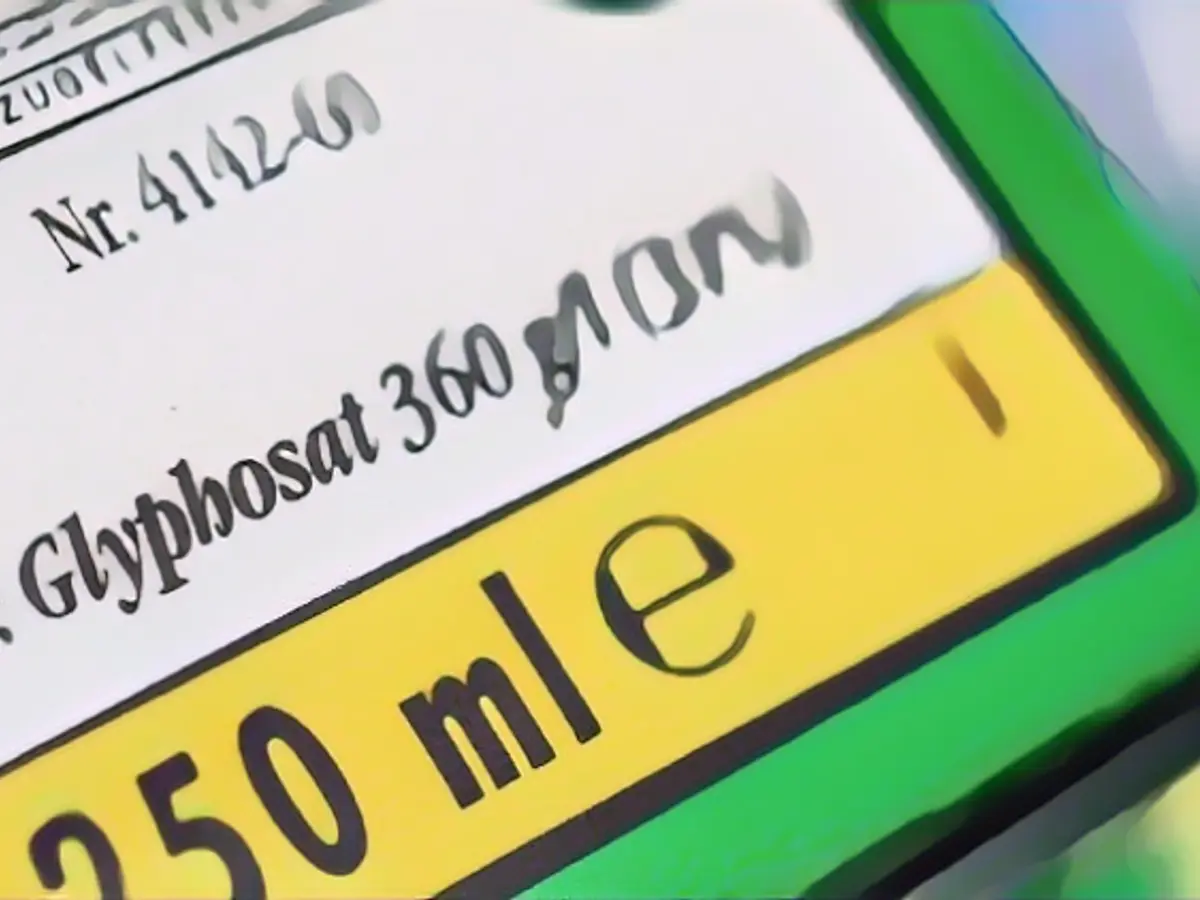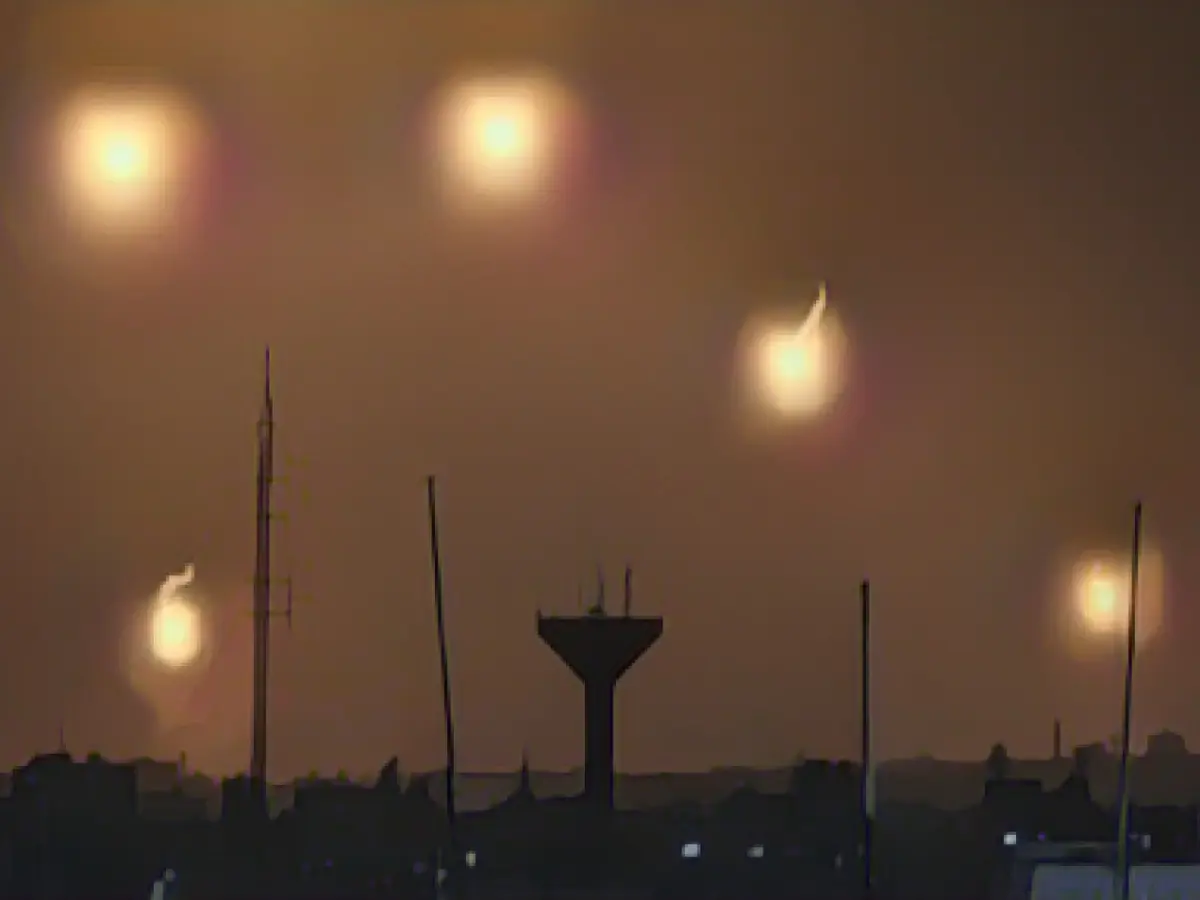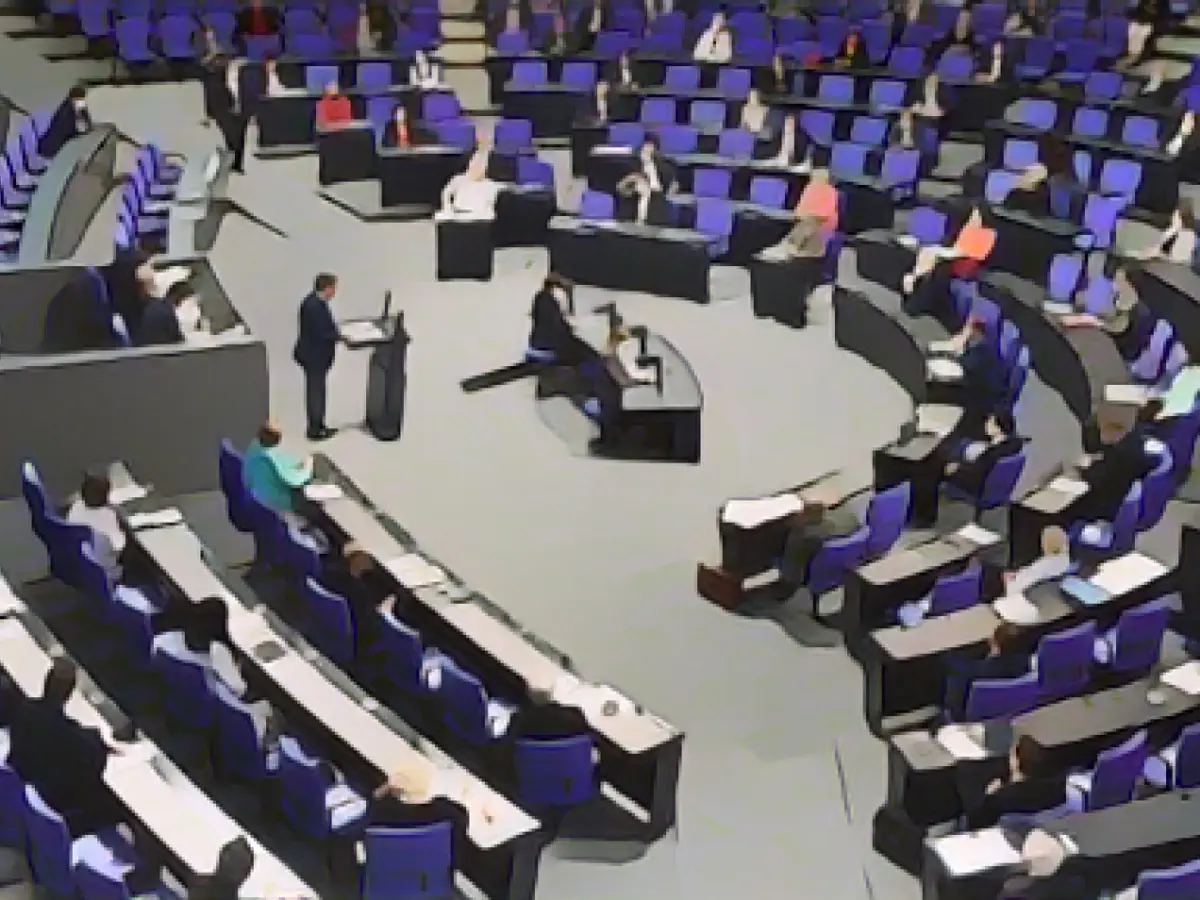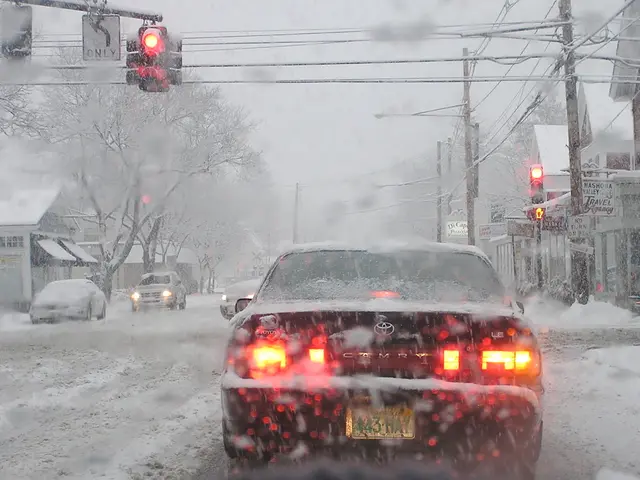Glyphosate Approval Stuck in EU Limbo Once More
The EU nations still haven't agreed on glyphosate's continued use, leaving Brussels with the final say.
Once again, EU representatives missed the mark in their attempts to find common ground on the EU Commission's proposal to extend glyphosate's authorization for an additional decade at the recent meeting. With no majority in sight, Brussels now holds the reins for an approval decision.
Time and time again, EU countries fail to muster enough support to extend glyphosate's usage under its existing authorization, handing the power to the EU commission. This predicament has emerged yet again, following the recent meeting's impasse.
Source:
The EU's regulatory framework and the roles of the European Food Safety Authority (EFSA) and the European Chemicals Agency (ECHA) play a significant part in this saga.
- Regulatory Framework: The EFSA and ECHA manage the EU's pesticide regulatory framework, conducting scientific assessments based on available data, often submitted by glyphosate-product manufacturers. The agencies have reported glyphosate as unlikely to be carcinogenic to humans, but this conclusion is not universally accepted, given conflicting scientific studies and regulatory analyses like the IARC/WHO's 2015 classification of glyphosate as "probably carcinogenic to humans"[2][5].
- Scientific Assessments: The EU Commission follows the scientific analyses conducted by the EFSA and ECHA. In mid-2023, the commission re-authorized glyphosate for another ten years, citing these assessments' findings of no critical issues affecting human health or the environment[1][5].
- Legal Procedure: The approval process for extending glyphosate's authorization uses a formal legal route that evaluates scientific evidence, applied with the "precautionary principle." This method has faced criticism for favoring industry research over independent studies as highlighted by scrutiny of corporate research conducted by independent scientists[2].
- Political and Legal Quandaries: Regardless of the controversy, environmental groups and lawmakers have challenged the commission's decision to extend glyphosate's authorization. The Pesticide Action Network (PAN) has pursued review proceedings, but these endeavors have faced resistance and legal opposition from industry stakeholders such as Bayer and Monsanto[1].
In brief, Brussels moves ahead in deciding on glyphosate's continued use, relying on the EFSA and ECHA's scientific assessments declaring glyphosate safe when used within prescribed limits. However, the decision has drawn fire from various quarters due to concerns about industry research reliability and the potential hazards associated with glyphosate for human health and the environment.








